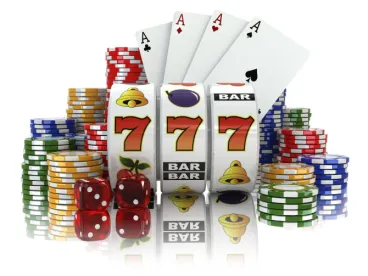You own a casino. You have a license for gambling. You want to run a promotional sweepstakes tied to your member/loyalty cards. Consumers enter the drawing each time they use their member/loyalty card to gamble or to buy goods or services at your casino. No problem, right? Maybe. The answer will depend on which state you are in.
In Nevada, you probably are OK. NRS Section 462.015(2) specifically excludes from its definition of illegal lotteries any “promotional scheme conducted by a licensed gaming establishment in direct association with a licensed gaming activity, contest or tournament.”
In most other states, however, the general definition of an illegal lottery will apply – that is, an activity with the three elements of change, prize, and consideration. And a chance-based promotional program may not be a form of game expressly approved by the local gaming authorities. In such states, the standard cure is to include a no-purchase-necessary alternate means of entry (AMOE).
But that’s not the end of the analysis. The AMOE also must provide equal dignity and a reasonably equal chance to win for the non-paying player. In a very simple promotion where a paying player gets only one entry into the drawing, the AMOE could be a postal mail-in option for the non-paying person also to obtain a single entry.
How about a more complex situation where the card member earns one entry for every dollar spent? In that case, merely providing a single entry via postal mail – even with the option to submit multiple postal requests – won’t necessarily be enough. This is particularly true if the average or typical paying person likely will obtain hundreds or more entries during the time period of the promotion.
One possible way to address the latter situation could be to determine the typical number of entries a paying player is likely to obtain during a reasonable time period, and then provide that same number of entries for each mail-in request. Depending on the duration of the program and the number of overall entries a typical paying player is likely to accrue, there then might be further limitations on how many AMOE requests the non-paying player can submit. For example, if the number of entries granted for each postal AMOE equals the typical daily spend by a card holder, and if the promotion lasts for several days or weeks, then you might allow only one postal AMOE request per day. The exact formula and mechanics will vary based on the particular facts of each situation. The guiding principle is “equal dignity.”
The point is to remember that not every chance-based activity in your casino is necessarily covered by your gaming license. Promotional programs may need to be treated differently. Violations of the anti-lottery laws carry criminal penalties. Plus, such violations can cause complications with the gaming regulatory authorities.



 />i
/>i

